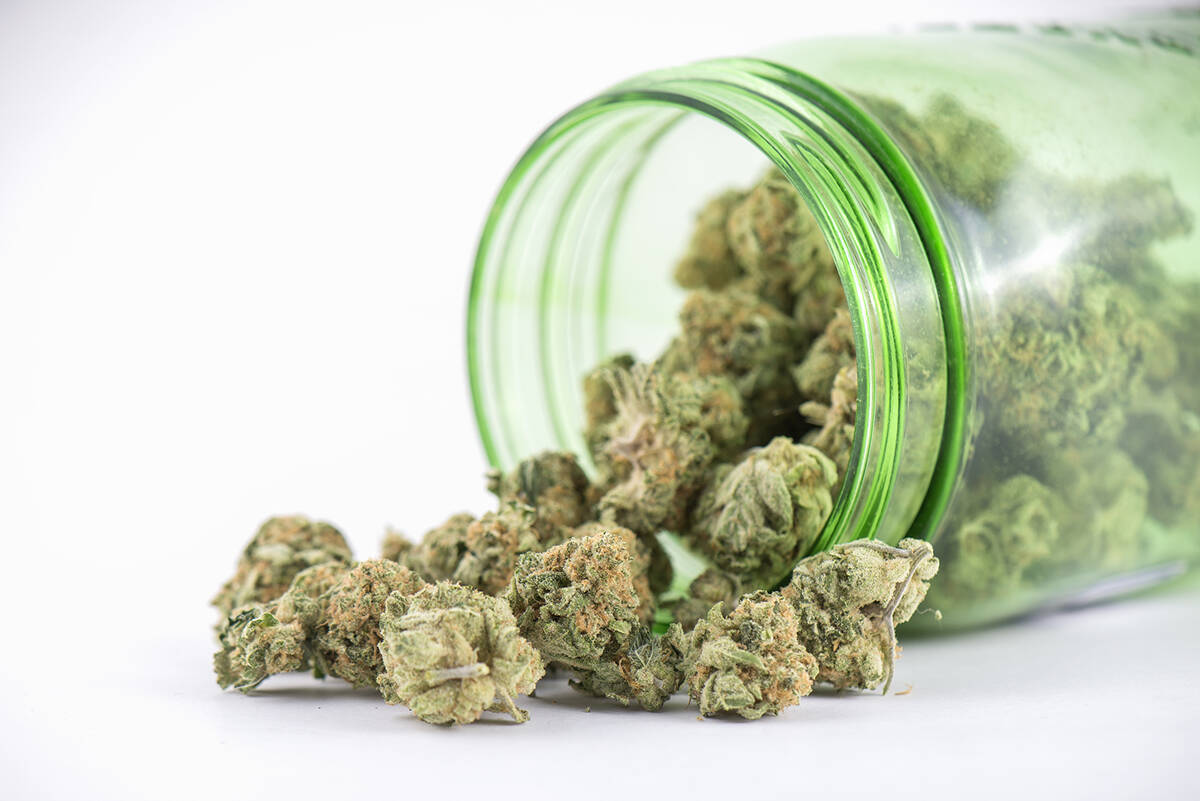Spaces dedicated to puff, puff, passing are — to no surprise — supported by those who use cannabis in B.C., while those who don’t have mixed views on cannabis lounges, cafes or special events.
Findings from a springtime provincial survey, released on Tuesday (Jan. 10), found that 61 per cent of 730 phone survey respondents supported such cannabis spaces. Of cannabis users who responded by phone, 84 per cent supported consumption. Of non-cannabis users who responded by phone, 48 per cent supported the spaces.
This difference is even more stark when looking at the 15,362 online survey responses. While 34 per cent of all respondents supported such spaces, nearly all cannabis supporters (94 per cent) who answered online were in favour, while 91 per cent of non-cannabis users were opposed.
The report defines a cannabis consumption space as a business such as a cannabis lounge, a special event or other establishment that has cannabis for sale and use on-site. Indoor smoking or vaping would not be permitted in such spaces.
The report points out that 750,000 British Columbians would be interested in visiting these kinds of spaces — while an estimated 1.4 million British Columbians consumed cannabis at least once last year, according to a 2021 survey.
In a written submission, the Association of Canadian Cannabis Retailers said that regulated consumption spaces have the potential to reduce nuisances associated with cannabis use. Other legal cannabis markets including Washington, Oregon and Colorado have seen significant economic benefits, it said, adding that “regions like Kelowna are eager to embrace it as well.”
The Canadian Live Music Association also supports the concept for comparable reasons.
“We also believe that cannabis should be allowed to be sold at festivals and events,” the group’s submission reads.
RELATED: ‘Panic buying’ at Victoria cannabis club as it defies eviction
Meanwhile, police, medical experts and other groups were less onside with the idea, instead calling for tighter regulations that focus on preventing the mixing of cannabis with alcohol use. Submissions also expressed concern that such sites would affect outdoor air quality.
The British Columbia Association of Police Chiefs and Mothers Against Drunk Driving warned of negative effects on traffic safety.
“Given the serious impairing effect when alcohol and cannabis are used together, we recommend that any consumption space be made to choose between alcohol and cannabis,” reads MADD’s submission. “That is to say that the two substances should not be available for sale at any one site. Further, tasting or sampling of products should not be allowed. We would also caution against having edibles at festivals given the delayed effect of ingested cannabis and the risk of over-consumption in a more unsupervised setting.”
Similar sentiments were brought forward from the City of Chilliwack.
The public safety ministry released the report, which does not indicate any leanings by the government at this time.

